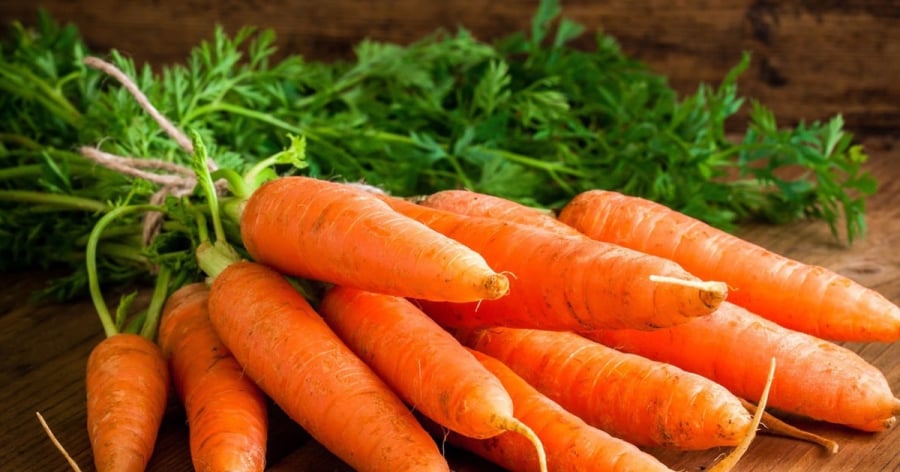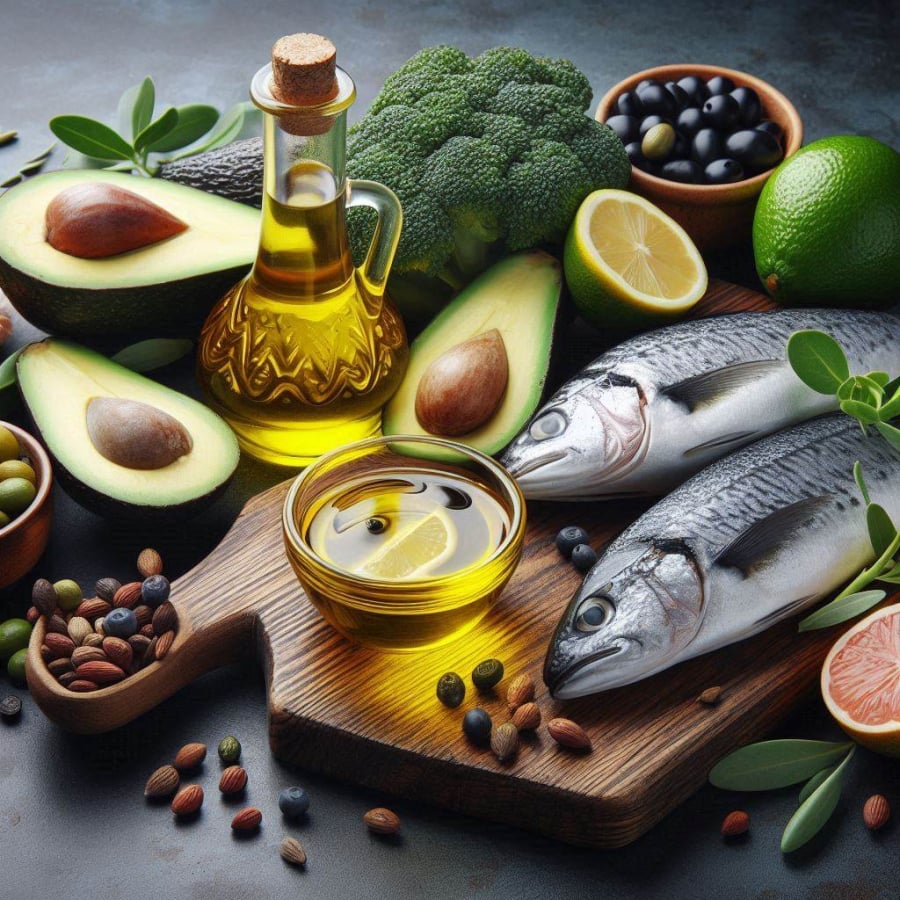Pancreatic cancer, often dubbed the “King of Cancers,” is an insidious disease, challenging to diagnose due to its vague initial symptoms. Statistics paint a grim picture, with approximately 90% of cases detected in advanced stages.
Dr. Qian Zhenghong, a hepatobiliary and digestive specialist at Taiwan Hospital, shared on a health program that the incidence and mortality rates of pancreatic cancer are rising year after year. This alarming trend is primarily attributed to the increasing prevalence of obesity and diabetes. Overindulging in sugary foods prompts the continuous release of insulin, straining the pancreas and potentially leading to damage that paves the way for cancerous cell growth.
Dr. Qian also explained that consuming meat increases the body’s saturated fatty acid concentration, stimulating bile production. Bile, rich in bile acids, is secreted from the bile duct into the duodenum. If this bile refluxes uncontrollably into the pancreas, it can contribute to the formation of cancerous cells.

Pancreatic cancer: The elusive “King of Cancers”
## Nourishing the Pancreas:
Dr. Qian Zhenghong emphasizes that a healthy diet is key to preventing pancreatic inflammation and cancer. Incorporating foods rich in carotene and selenium, such as carrots, cruciferous vegetables, seeds, pumpkins, and nuts, into your daily meals can make a significant difference. Research indicates that a carotene-rich diet can lower the risk of pancreatic cancer by up to 22%.
Carrots and cruciferous vegetables like sesame leaves, cabbage, and broccoli are excellent sources of carotene. These vegetables not only provide essential nutrients but also help bind and eliminate toxins present in bile and bile acids, reducing stress on the pancreas. Additionally, including selenium-rich foods like seeds and pumpkins in your diet can effectively lower the risk of pancreatic cancer.
When the pancreas is plagued by chronic inflammation, the body’s ability to produce digestive enzymes diminishes, impacting your capacity to absorb nutrients from food. Over time, this can result in malnutrition or weight loss, warns Dr. Chahal from the USA. To support pancreatic function, it is beneficial to adopt a diet rich in protein from lean meats while minimizing animal fats and simple sugars.
Patients are encouraged to incorporate ample amounts of vegetables, fruits, whole grains, beans, lentils, and low-fat or fat-free dairy products like almond and flax milk into their diets. Antioxidant-rich foods such as dark leafy greens, berries, blueberries, sweet potatoes, grapes, carrots, walnuts, and pomegranates are also highly beneficial.
It is essential to consume avocados, olive oil, fatty fish, seeds, and nuts in moderation. Focusing on a plant-forward diet that includes a variety of vegetables, fruits, and whole grains helps reduce cholesterol levels while increasing fiber intake. This dual benefit lowers the risk of gallstone formation and high triglyceride levels, two leading causes of acute pancreatitis. Antioxidants play a pivotal role in reducing inflammation by neutralizing free radicals in the body.

Avocados, olive oil, fatty fish, seeds, and nuts: Consume in moderation
## Foods to Avoid:
The pancreas is pivotal in processing and digesting fats in your diet. A high intake of fatty foods means your pancreas has to work harder to manage this load. Foods rich in fat and simple sugars not only elevate triglyceride levels but can also lead to fat accumulation in the blood, increasing the risk of acute pancreatitis. Several studies have linked the consumption of processed and red meats to a heightened risk of pancreatic cancer.
To safeguard your pancreatic health, it is advisable to limit the consumption of fried or high-fat foods and sugary treats. Specifically, it is best to avoid red meats, organ meats, French fries, potato chips, mayonnaise, margarine, butter, whole-fat dairy products, pastries, and other sweet delights. Adjusting your diet towards a healthier path is crucial for protecting your pancreas and enhancing your overall quality of life.





































